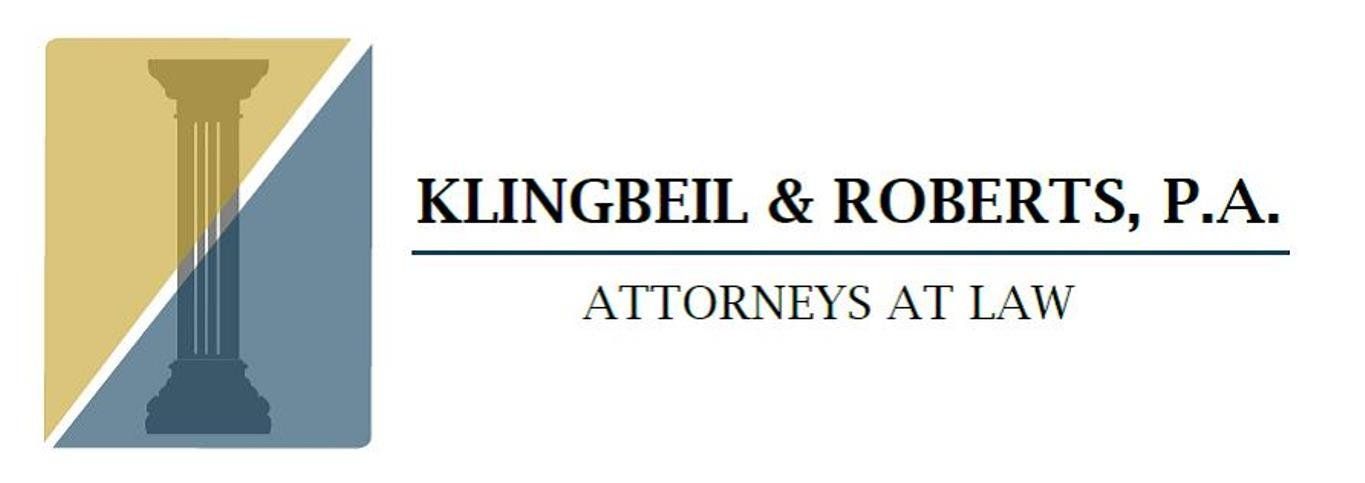INCAPACITY / GUARDIANSHIP
Due to the aging process many elderly individuals face health problems or mental decline that call for assistance in decision making through the appointment of a legal guardian. Guardianship, also referred to as conservatorship, is a legal process utilized when a person can no longer make or communicate safe or sound decisions about his or her person and/or property, or has become susceptible to exploitation, fraud or undue influence. A guardianship may also be necessary when a minor (under age 18) receives an inheritance under a will or trust, or a distribution from an insurance or lawsuit settlement that exceeds $15,000.
A guardian is a person or qualified organization appointed by a local court to manage the affairs of such a person, called a ward. Florida
has specific laws that govern guardianship proceedings and the guardian's activities, all of which are designed to protect the interests of the ward. Florida law provides for two different types of guardian: (1) a guardian of the property, who has control and responsibility over the ward's property; and (2) a guardian of the person, who has control over the ward's day to day living situation, medical treatment, travel, and other social aspects of the ward's life. The same person or organization can fill both roles, or there can be different guardians of the person and property depending on the situation. A guardian may have "limited" authority over only certain matters designated by the court based on the degree of the ward's incapacity, or the guardianship may be "plenary" where a court has found the ward to be totally incapacitated in all respects.
The process is initiated by an interested individual, through an attorney, filing a Petition to Determine Incapacity and a Petition to Appoint Guardian with the Circuit Court in the county where the ward resides. (With a minor ward, only the latter is necessary.) An independent attorney is appointed by the Court to represent the ward. The ward is examined by an examining committee appointed by the court, consisting of three qualified individuals (including at least one physician and one RN), each of whom files a report with the court. A hearing is then held and, based on the examining committee reports and any other evidence presented, the court determines whether (1) the individual is incapacitated according to the law of the state and guardianship is appropriate, (2) who or what entity will act as guardian, and (3) what and how much authority the guardian will have over the Ward's person and property.
After appointment, a guardian has detailed reporting requirements to the court, and must file annual reports for as long as the guardianship is in place. Certain activities, such as the sale of property by the guardian or travel by the ward out of state, require advance approval by the court. Guardians are entitled to be paid for their services from the assets of the ward, but all such fees and all attorney's fees are subject to advance approval by the court. Approval for these matters is obtained by filing the appropriate petition with the court, and the court may thereafter require a hearing on the subject prior to ruling on the petition.


